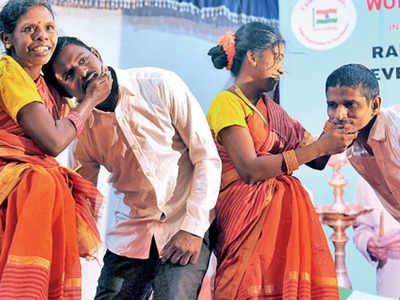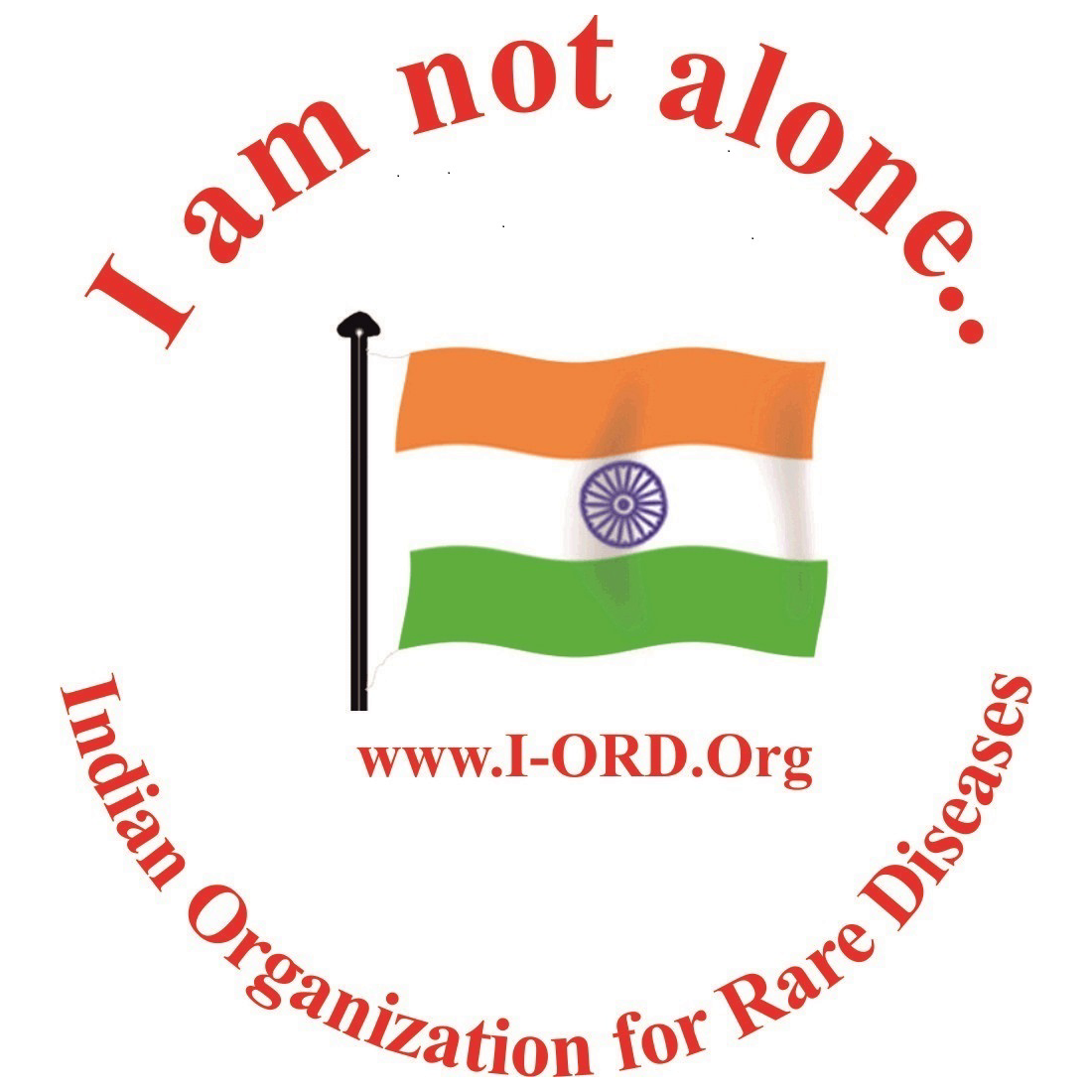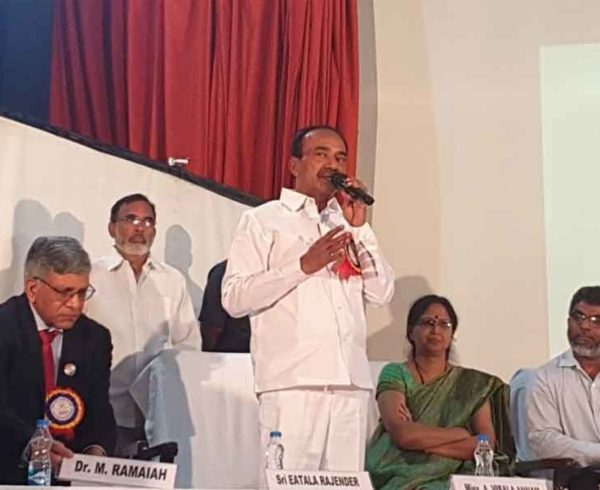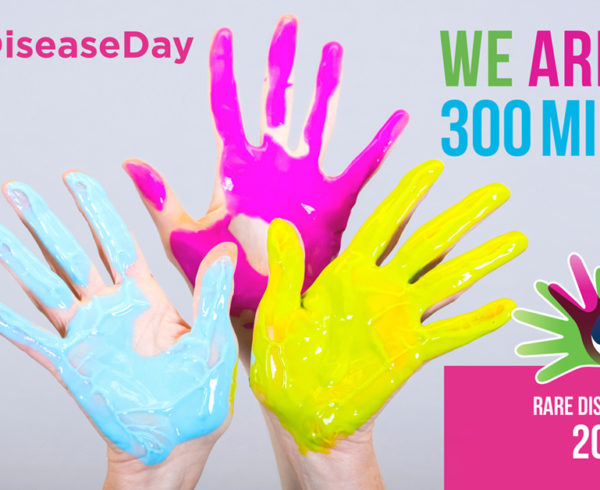
Hyderabad: The draft of the National Policy for Rare Diseases introduced by the Union government on January 13, this year, was much debated in medical circles due to the suggestion of using crowdfunding as a method of addressing funding issues. Even as the world observes World Rare Disease Day, several patient groups and experts say that the Centre’s suggestion is hardly a solution, given the huge cost of medicines and support infrastructure involved.
“It is like saying if you have a problem, beg for it and solve it yourself. Crowdfunding is a wrong premise for a policy, especially for funding. The fact is that as it is entirely dependent on people’s individual mood to donate, it is not a sustainable model,” said Syed Sanaullah, management committee member, Indian Organization of Rare Diseases (IORD) adding that the government must earmark a basic fund to start with.
While access to orphan drugs (drugs used for treatment of rare diseases) is difficult due to unavailability, as per IORD, of over 450 U.S. Food and Drug Administration approved orphan drugs, only a handful are available in India. Additionally, the prohibitive cost means less availability.
“In such a scenario, delay by even a few hours when a drug is needed can mean loss of life. It seems like the government is washing its hands off by suggesting crowdfunding,” said Karimulla Shaik, who lost a child to Spinal muscular atrophy.
Listing voluntary crowdfunding as an option, the draft policy document stated, “Keeping in view the resource constraint and competing health priorities, it will be difficult for the government to fully finance treatment of high cost rare diseases.”
The policy document elaborated that the notified hospitals will share information relating to the patients and the diseases they are suffering from, prognosis, estimated cost of treatment and details of bank accounts for donation/ contribution through online system. This will allow donors to view the details of patients and donate funds to a particular hospital.
Experts, meanwhile suggest that having a dedicated corpus fund can be the way forward. “It would be helpful if the Central and state governments could set-up a MediFund with seedfunding. Various companies and NGOs could organize fund-raising events to add to this MediFund. Every rupee raised through donation must be matched by three rupees by the government,” said Nidhi Swarup, who is launching a patients support group for Crohn’s diseases in Hyderabad and a few other cities, and runs a group in Singapore. They also suggested that tax-incentives can be provided to individual and corporate donors.
Source: Times of India
https://timesofindia.indiatimes.com/city/hyderabad/world-rare-disease-day-crowdfunding-not-a-viable-solution-to-battle-rare-diseases-say-experts/articleshow/74407994.cms


